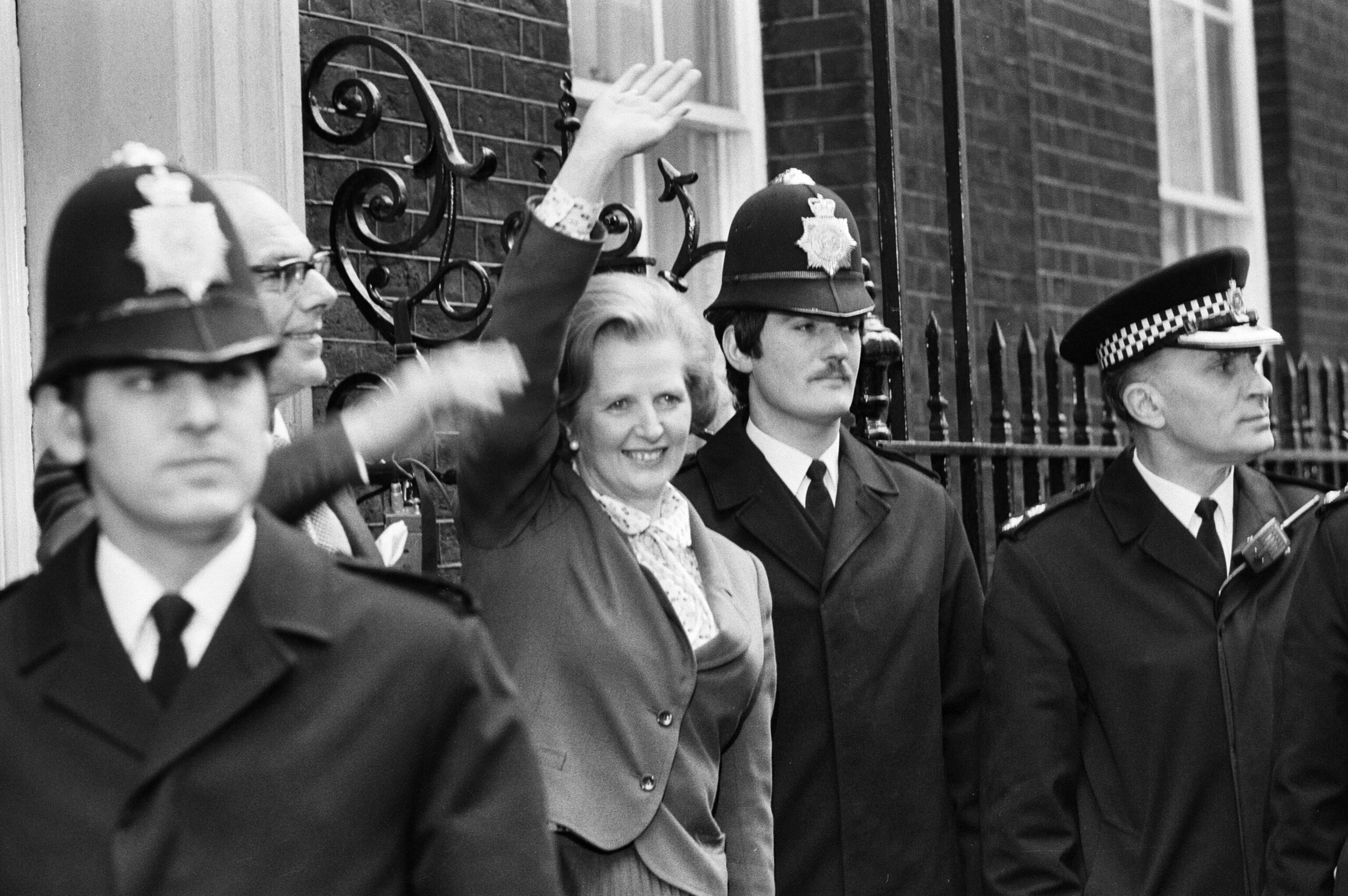Margaret Thatcher Becomes Britain’s First Female Prime Minister
On this day, May 3, 1979, Margaret Thatcher became a part of history as she was elected to the role of Prime Minister of the United Kingdom, becoming the first woman to hold the esteemed position. Known for her steely resolve and unwavering determination—leading to the nickname the “Iron Lady“—Thatcher’s election marked a key moment in British politics.
Born in Grantham, England, Margaret Thatcher was the daughter of a shopkeeper who instilled in her a strong work ethic and a belief in the power of individual responsibility. Thatcher’s rise to power was not without its challenges, as she navigated the male-dominated world of politics with grit and determination. Her conservative ideology and commitment to free-market principles resonated with many Brits, particularly during a time of economic uncertainty and social upheaval.

As Prime Minister, Thatcher wasted no time in implementing her vision for Britain, ushering in a period of sweeping reforms known as “Thatcherism.” Her policies aimed to revitalize the economy, curb the power of trade unions, and promote individual enterprise. While her leadership style was polarizing and sparked fierce debate, there is no denying the lasting impact of her tenure on British society and politics.
More from us: From Piggate to Partygate: The Scandals of 7 British Prime Ministers
Would you like to see more historical content from The Vintage News? What if we sent it directly to your inbox weekly? Sign up here to receive our weekly newsletter.
Thatcher’s legacy as Britain’s “Iron Lady” endures to this day, with her influence felt far beyond the shores of the UK. Her steadfast leadership during pivotal moments earned her respect on the global stage and led her to be the longest serving British PM in over 150 years. Though she faced criticism and opposition, Margaret Thatcher’s resilience and conviction remain an inspiration to generations.
